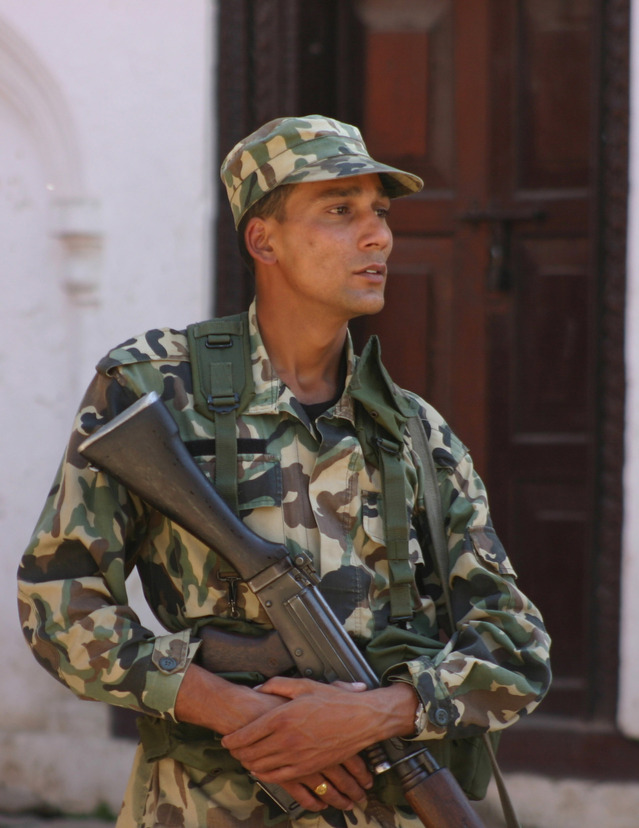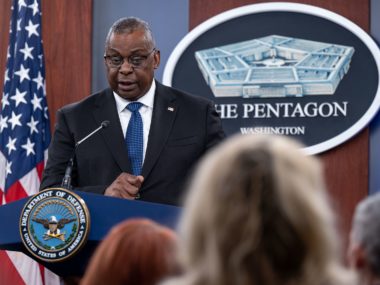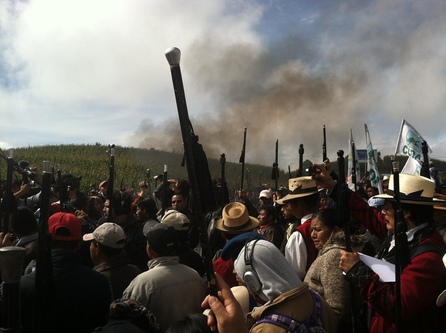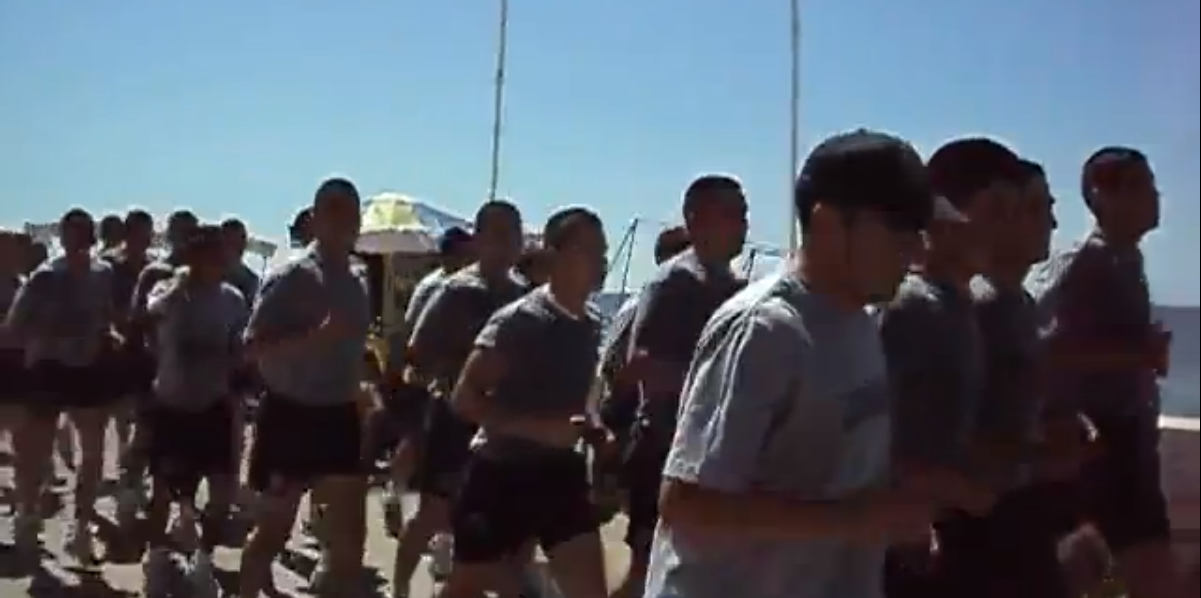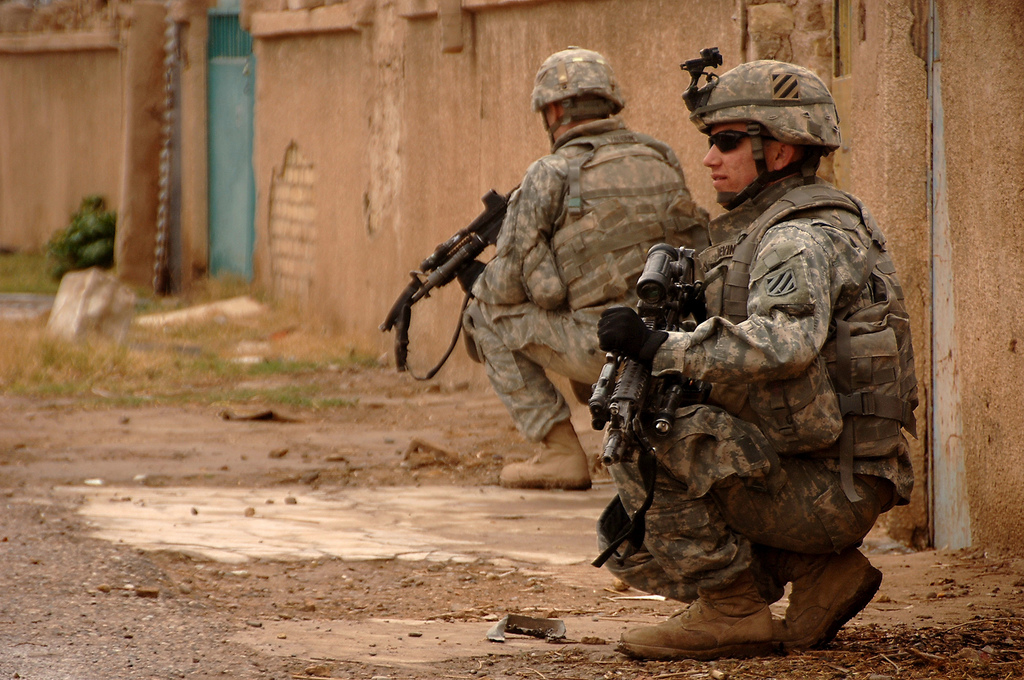By Julia Strasheim and Subindra Bogati
After civil war, policies that deal with former rebel combatants often envision to either reintegrate ex-combatants into civilian communities or have them join the army. Such army integration processes have recently been realized in places such as Burundi, the DRC, or South Sudan, but have had mixed success. For instance, in the DRC, army integration is said to have added to a deteriorating security situation by further fragmenting an already “unmade army.”
When and how does integrating rebels into the army promote peace? Most scholarship on this issue examines how integration solves the commitment problems of warring parties. A typical argument is that army integration helps convince adversaries that the promises they have made are credible, as parties are forced to reveal their military organizational structure which makes it more difficult to remobilize for war.
We argue that this approach, which analyzes how army integration affects parties as monolithic organizations, conflates the different needs and expectations that party elites and rank-and-files have with regard to the peace process. We want to understand how army integration influences the decision to remobilize among (1) rebel elites, (2) military elites, (3) rank-and-file combatants, and (4) lower-ranked soldiers. Nepal is a good case to study this issue, as integrating 1,441 Maoist combatants (including 71 officers) into the Nepal Army (NA) is said to be among the key reasons why warring parties have not returned to arms. To look at the mechanisms by which this occurred, we conducted focus group discussions with ex-combatants who joined the NA and lower-ranked NA soldiers who witnessed the integration process. We also interviewed current and former army generals, government officials, Maoist leaders, and security experts.
Military integration in Nepal
Nepal’s decade-long Maoist rebellion ended with a peace agreement in November 2006. Within weeks, combatants moved into 7 cantonment sites and 21 smaller satellite camps set up throughout the country. By April 2007, the small UN mission deployed to Nepal reported that all weapons were registered and stored in monitored containers. Further steps to demobilize and reintegrate ex-combatants were, however, delayed until 2012. One reason was disagreement among the Maoist leadership: some leaders viewed integration as a “surrender” to the NA and wanted to merge the NA and Maoist military structures instead. Army elites also initially opposed integration. In our interviews, many generals held that they believed that integrating “indoctrinated” combatants would politicize the NA.
In 2011, the parties eventually agreed to integrate up to 6,500 ex-combatants into the NA. However, when integration took place in 2012, only 1,441 ex-combatants chose the army, and the other 15,585 ex-combatants opted for voluntary retirement and cash support. Those who chose to join the army had to complete training courses before taking up their new job. While this was not what the Maoist elites had originally promised their combatants, the compromise ended the protracted demobilization period and the cantonment sites were closed in 2012.
Implications for peace
Our research shows that army integration strongly influenced the decisions of elites and rank-and-files to refrain from remobilizing, but it did so in many more ways than demonstrating their commitment to peace. Some Maoist elites favored integration because they hoped to gain control of the army and thus reduce their political insecurity. One politician told us, for example, that joining the NA was the last “stumbling stone” for the Maoists to capture the state. A Maoist ex-commander similarly said that the goal was to make the NA more “loyal” to the party. But army integration also was a way for rebel elites to show their sense of responsibility to future voters. Due to the high degree of local ownership in the peace process, the Maoists were fully aware that they could not point to the international community for any delays in implementing army integration, and that voters would blame any failures in on the parties themselves.
The army leadership held that in implementing the integration process they simply followed the decisions taken by political leaders. But they also repeatedly named “prestige” and “reputation” as reasons for why they wanted army integration–and the peace process–to prevail. Nepal is one of the largest troop contributors to UN peacekeeping, and the possibility to serve as peacekeepers is an important monetary incentive for Nepali soldiers. As peacekeepers, many generals have themselves overseen army integration processes abroad. They all argued that they would have felt “humiliated” if they could not have realized the process at home.
The rank-and-file Maoist combatants who have joined the NA also agreed that army integration helped them support the course and outcome of the peace process. The central reason they gave is the stable income provided by the army job–and some ex-rebels now even serve as peacekeepers. All participants in our focus group stressed that they are doing better financially than most of their friends who are not employed by the NA. Moreover, they argued that being integrated into the army offered them “dignity” and “value” in the peace process, and filled them with “pride”.
Lower-rank NA soldiers stressed how important army integration was for them to get behind the peace process. For once, they knew that integration reduced the Maoists’ incentives to remobilize, which meant that they could finally return to their home villages after more than a decade. This was impossible during the war due to Maoist control of much of the countryside. Additionally, soldiers reasoned that integration also helped improve their working conditions. They remembered that superior officers treated them better, as they thought that the Maoists–not used to the NA chain of command–would speak up against abuse and discrimination.
Julia Strasheim is a researcher at the Federal-Chancellor-Helmut-Schmidt-Foundation in Hamburg; Subindra Bogati is the founder and chief executive of Nepal Peacebuilding Initiative and a PhD candidate at the Tribhuvan University in Nepal.

